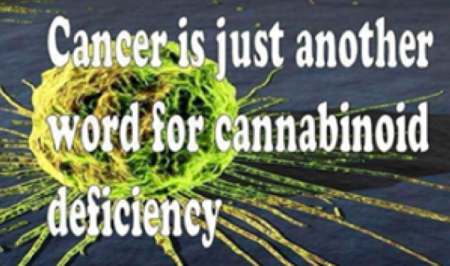May 26, 2015
via NORML’s Deputy Director, Paul Armentano:
The majority of the US Senate Appropriations Committee on Thursday cast votes in favor of expanding medical cannabis access to United States veterans. The committee vote marks the first time that a majority of any body of the US Senate has ever decided in favor of increased cannabis access.
Committee members voted 18 to 12 in favor of The Veterans Equal Access Amendment, sponsored by Republican Senator Steve Daines of Montana and Democratic Senator Jeff Merkley of Oregon. It was added in committee to a must-pass military construction and veterans affairs spending bill (the Military Construction, Veterans Affairs, and Related Agencies Appropriations Act). The bill is “certain” to pass on the Senate floor, according to a Drug Policy Alliance press release.
Weeks ago, House members narrowly killed a similar amendment in the House version of the Appropriations Act by a floor vote of 210 to 213. Once the Senate version of the act is passed by the Senate floor, House and Senate leaders will need to reconcile the two versions.
The Daines/Merkley amendment permits physicians affiliated with the US Department of Veterans Affairs (VA) to recommend cannabis therapy to veterans in states that allow for its therapeutic use. Under current federal law, VA doctors are not permitted to fill out written documentation forms authorizing their patients to participate in state-sanctioned medical cannabis programs.
Stand-alone legislation (HR 667) to permit VA physicians to recommend cannabis therapy is pending in the US House of Representatives, Committee on Veterans Affairs: Health Subcommittee. A similar provision is also included in Senate Bill 683/HR 1538, The Compassionate Access, Research Expansion, and Respect States (CARERS) Act.
NORML coordinated its 2015 legislative ‘fly-in’ and lobby day in Washington, DC this past week, where many attendees visited with US Senators and urged them to vote for the Daines/Merkley amendment, among other pending reform legislation. Archived presentations from the conference are online here.
To learn and/or to contact your elected officials in regard to other pending marijuana law reform legislation, please visit NORML’s ‘Take Action Center’ here.
More at: NORML Blog
Upcoming event: NORML Aspen Legal Seminar May 28-30, 2015 – Limited tickets available!





